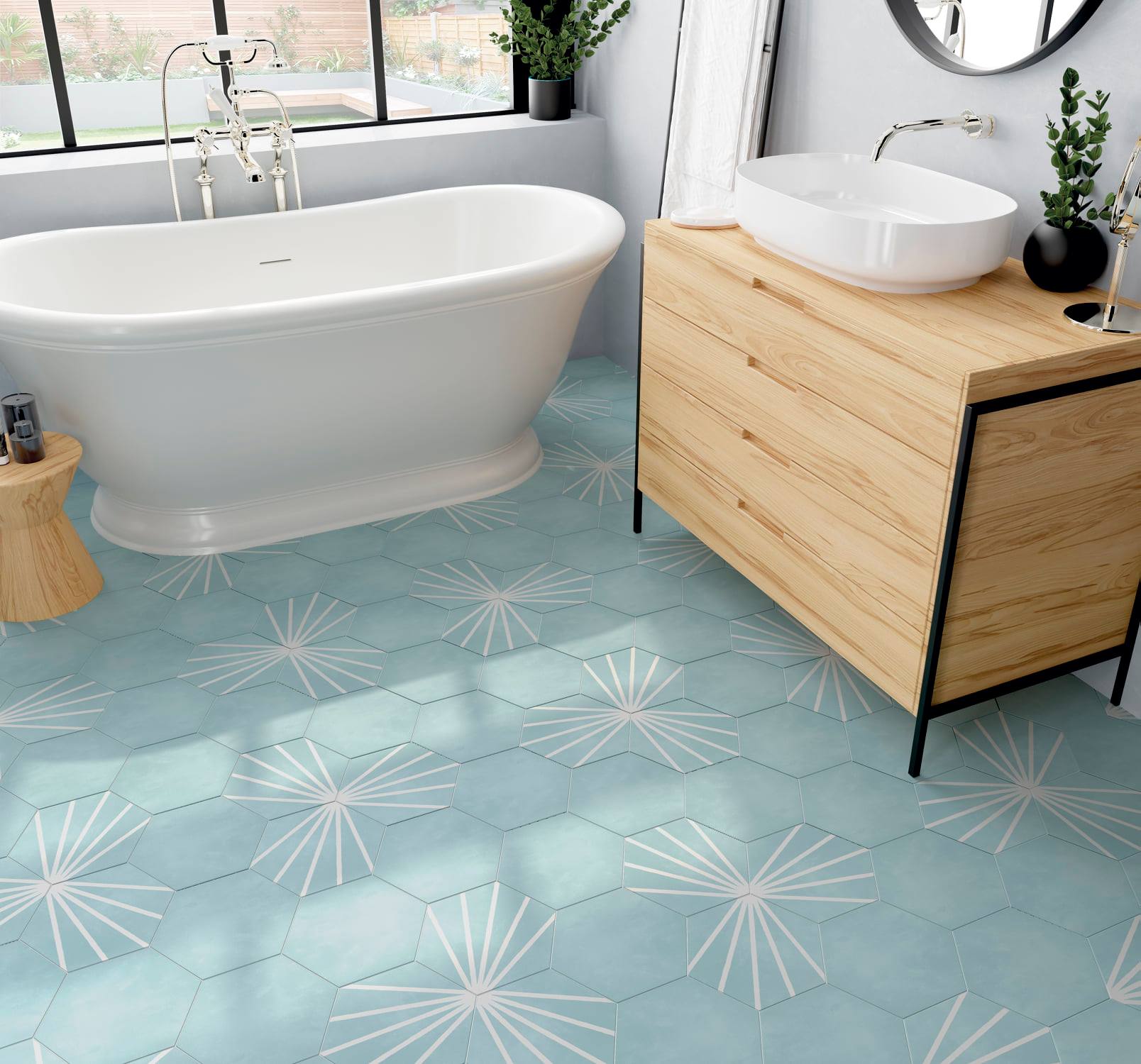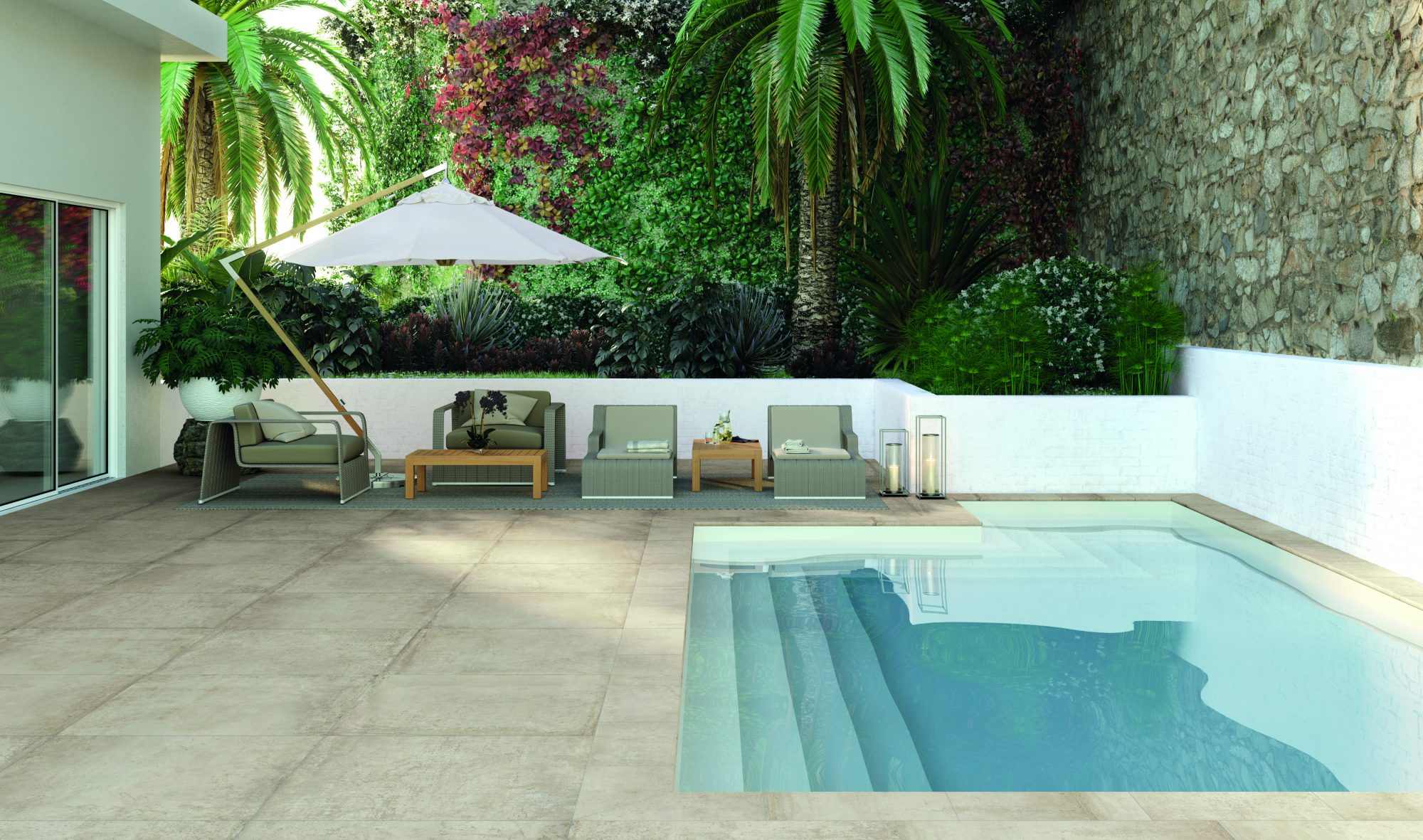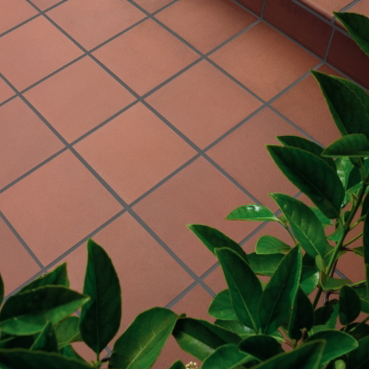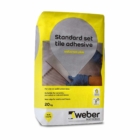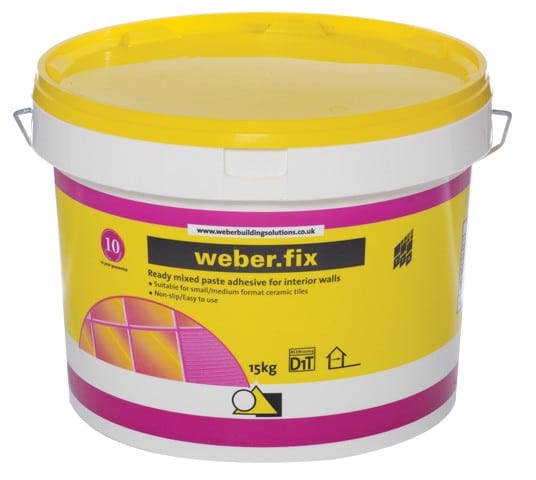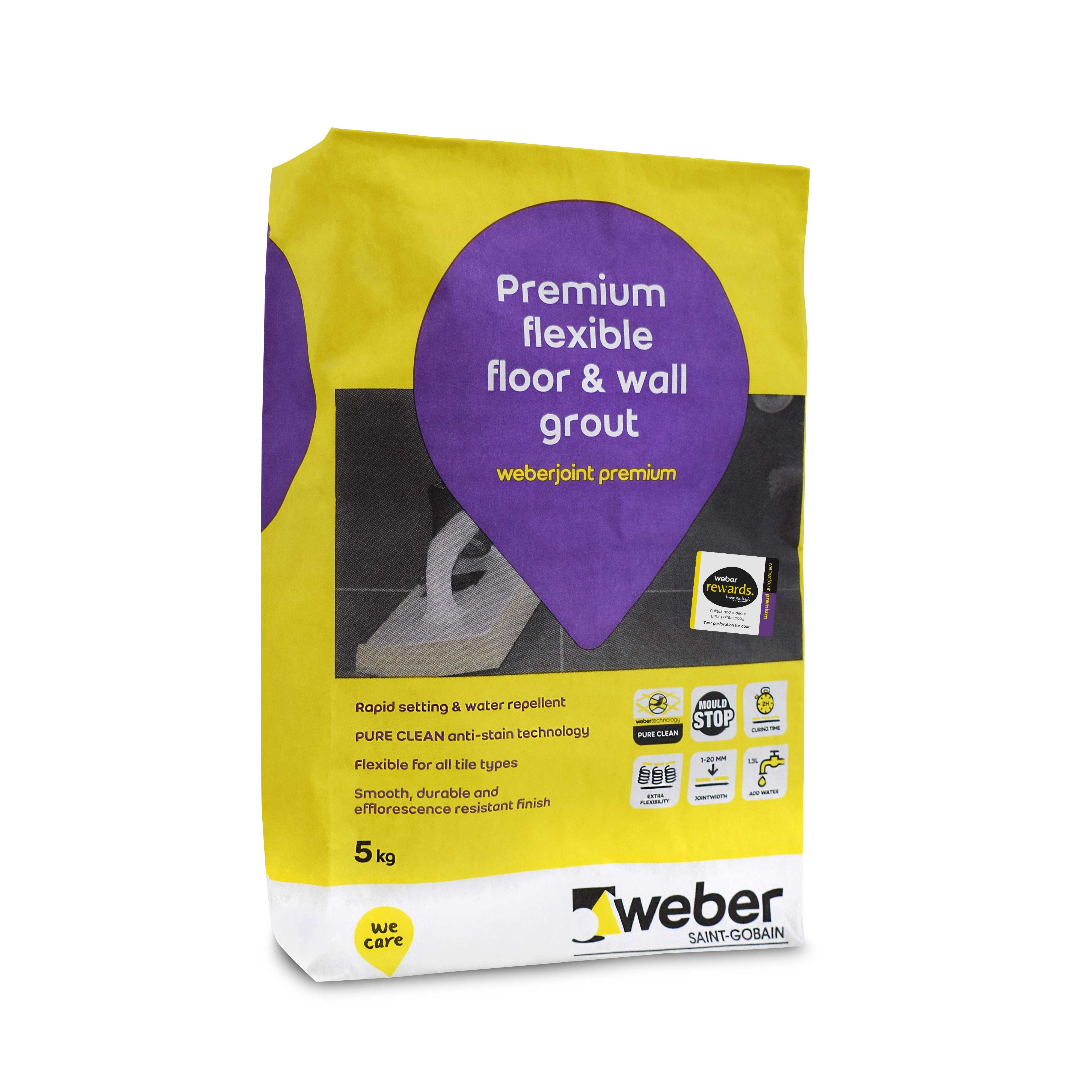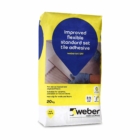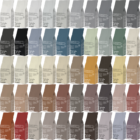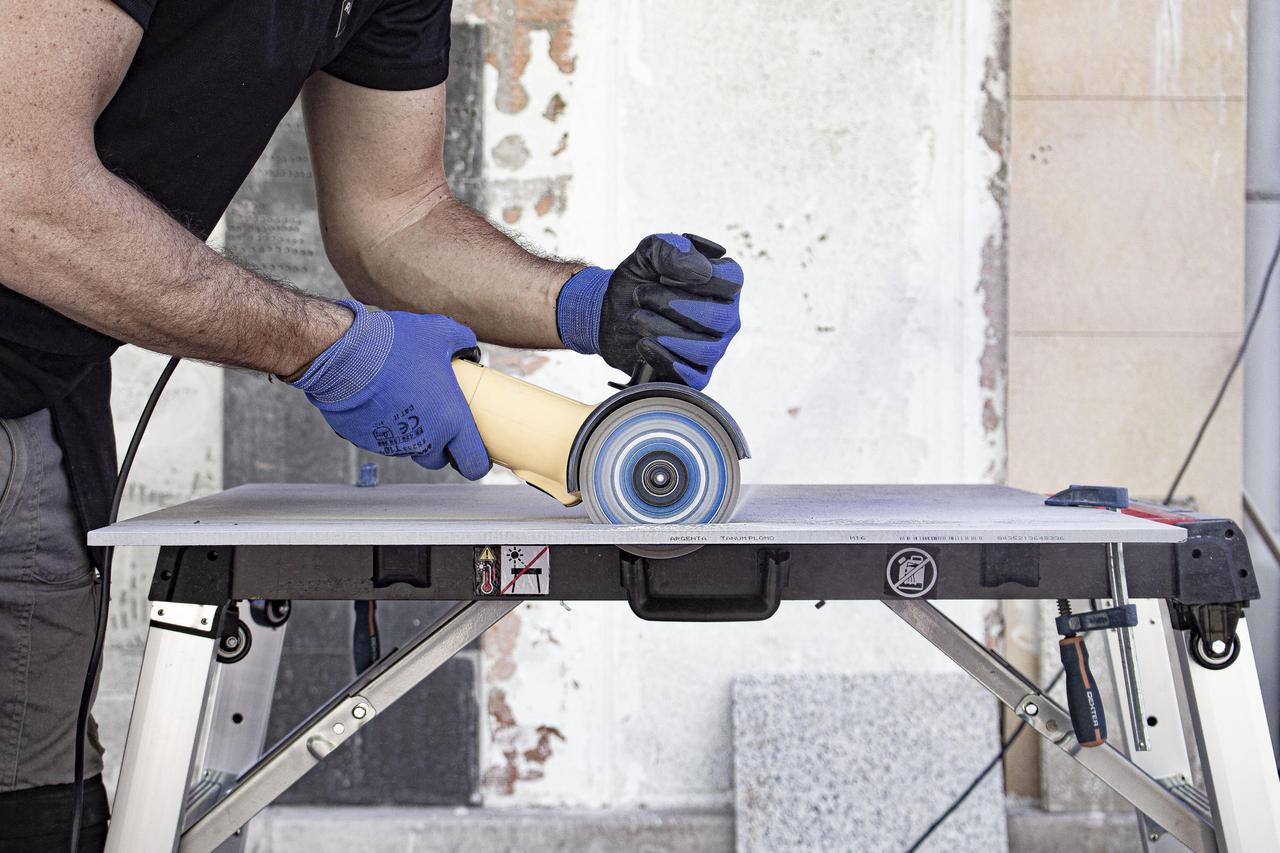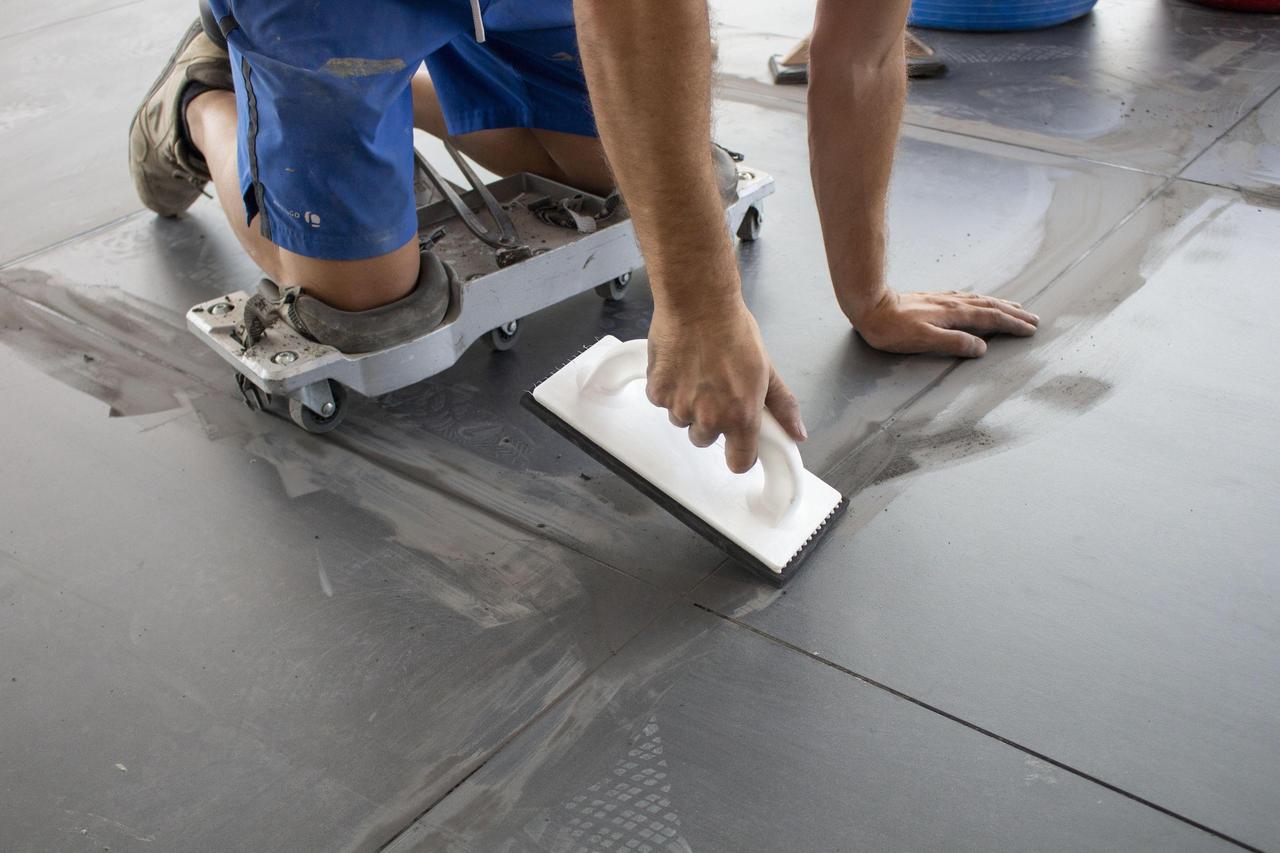What Is The Best Grout For Outdoors?
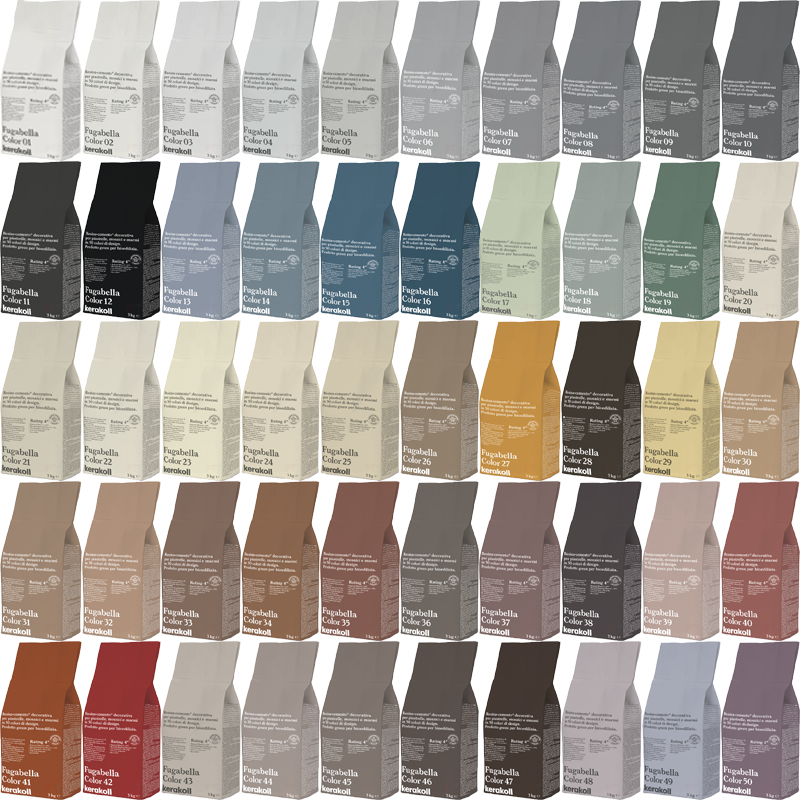
Laying tiles outside comes with its own set of unique risks and requirements. With rain being a constant issue and weather getting in the way of your tiling job, you may be asking, ‘what is the best grout for outdoor use?’. Thankfully, we have the answer to that exact question below!
Read on to see exactly what grout you should use for your outdoor tiling project and the steps you should take to ensure your garden tiles last a lifetime!
What Is The Purpose Of Outdoor Grout?
Grout that is suitable for outdoor use is designed to withstand rain and other natural elements. This lets you lay tiles in your garden, whether that’s on your concrete stair raisers or a patio design, without worrying about rain damaging the adhesive.
There are various grout products, such as patio grout and paving grout, that can be used outside. Be sure to check whether or not your chosen pre-mixed grout can be used in your garden before you make a purchase!
Types Of Grout
Unsanded grout
Although unsanded grout is a popular choice for grouting vertical tiles inside a shower due to its extreme stickiness, it might not be suited for use outdoors. However, if you are only planning on grouting a small area, then unsanded grout can be used.
Just make sure that it is rated ‘no efflorescence’ unless you don’t mind your grout leaving a chalk-like residue across your tile surfaces.
Fine-sanded grout
Fine-sanded grout is the grout recommended for almost any tiling job. It is extremely cheap compared to other grout mixtures, such as epoxy, and is also fairly strong, which is just what you want from a grout.
When wiping away any excess grout, be careful when using your grout float. Due to the small bits of sand, the surface of your tile may get scratched if you rub too hard with your grout float.
Furan grout
Furan grout is one of the best choices of grout for laying quarry tiles and bricks. It’s designed to withstand areas with a high concentration of chemicals, making it suitable for any outdoor tiling job.
However, furan grout is a specialist grout and can be fairly hard to use if you aren’t used to it. Most tilers will use furan grout, so if you need to use it, consider hiring a tiler.
Epoxy grout
Being naturally water-resistant, Epoxy grout is an excellent choice if you plan on laying tiles in your front or back garden. Epoxy grout is made up of a unique blend of a filler powder form grout and epoxy resins, making it the best grout to use for outdoor projects.
It is also almost completely stain-resistant and highly durable. If you expect to be walking on your tiling frequently, then epoxy grouts should be at the top of your shopping list!
Which Grout Is Best For Outdoor Tile Laying?
For all outdoor installations we recommend Ultratile’s ProPave Grout:
UltraTile ProPave Grout is a high specification, decorative, brush-in external tile jointing solution, suitable for use with granite, porcelain and other premium quality natural stone. With it’s easy brush in application, 4 beautiful colours and colour shield technology it always achieves a stunning and professional finish.
Should You Seal Grout After Tiling?
Sealing grout once you have finished your tiling project is incredibly important. Once the grout has fully dried, which could be anywhere between 24 to 72 hours, you will want to seal gaps using a grout sealant.
Sealed grout will improve its resistance to general wear and tear and can help ensure your wall or floor tiles last a long time. To keep on top of tile maintenance, you should try to re-seal your epoxy grout at least once a year!
FAQs
Is there waterproof grout?
When it comes to waterproof grout, the only available option is an epoxy resin grout. Epoxy prevents water from passing through and damaging the adhesive and is perfect for outdoor tiling jobs.
What’s the best grout sealer?
Sealing grout during your tiling project is incredibly important if you want them to last. Lithofin Grout Protector is an excellent choice.
Is high-quality epoxy grout expensive?
The highest quality epoxy grout can be pretty expensive, especially when compared to concrete or powder form grout. But if you plan on reinforcing masonry and you want the best pre-mixed grouts for use outdoors, then the added cost is almost always worth it!









